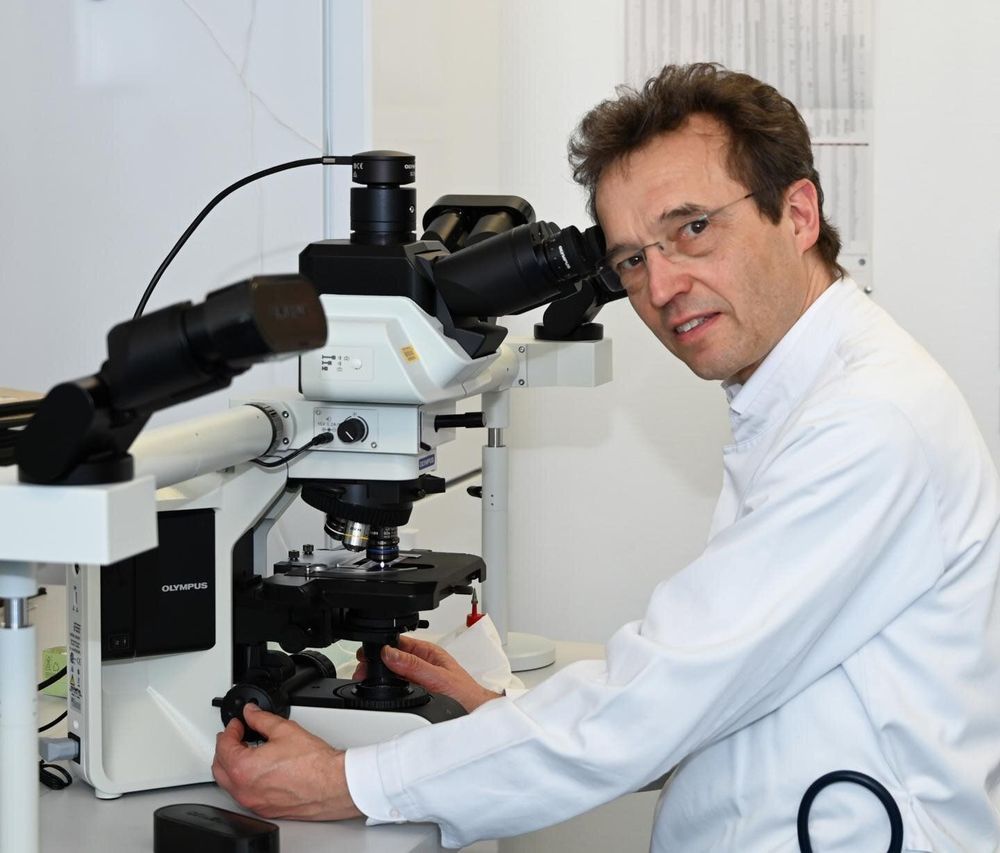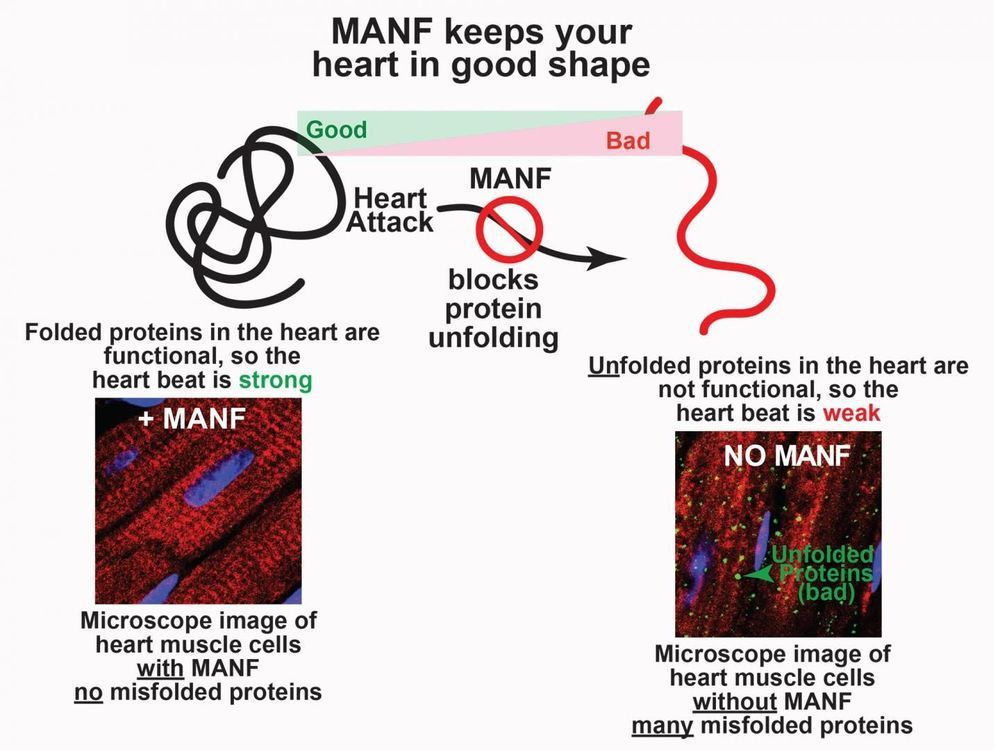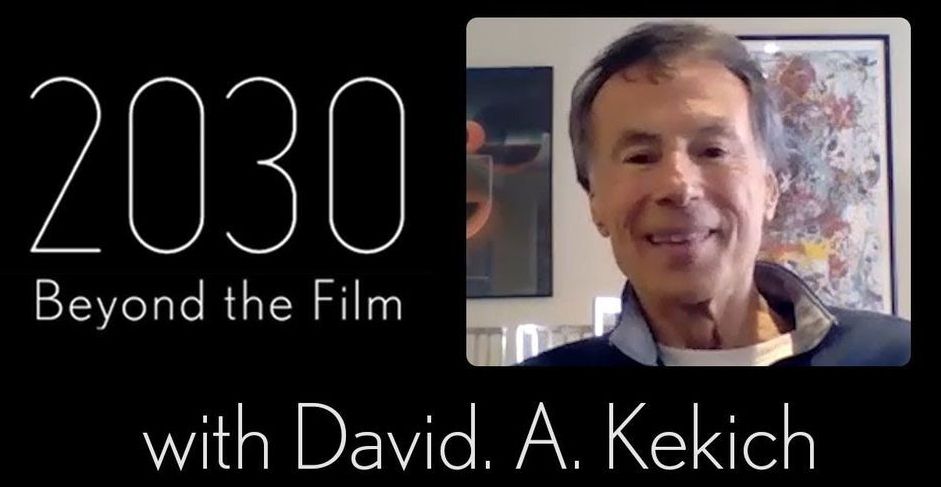“We knew from Chinese publications that patients with a severe and even fatal course of the disease are characterized by a so-called cytokine storm,” Neubauer says. “During a cytokine storm, the body is flooded with substances that stimulate the immune system.” This overreaction of the body’s own defense system damages the tissue—making it all the easier for the invading virus to spread.
Neubauer suspected that the patient might respond to ruxolitinib, a drug originally used in cancer treatment. It inhibits enzymes in the body involved in excessive inflammatory reactions. “We suggested to our colleagues who were treating the patients that the cancer drug might be able to prevent the life-threatening effects brought on by the inflammatory damage to lung tissue,” Neubauer says.
Although the spreading SARS-CoV-2 coronavirus usually causes only mild respiratory symptoms, the COVID-19 disease progresses so severely in around five percent of those affected that acute respiratory distress can occur. “The mortality rate in these cases is high,” says Dr. Thomas Wiesmann, who attended the patient along with the intensive care team in the Department of Anesthesia and Intensive Care at Marburg University Hospital.









